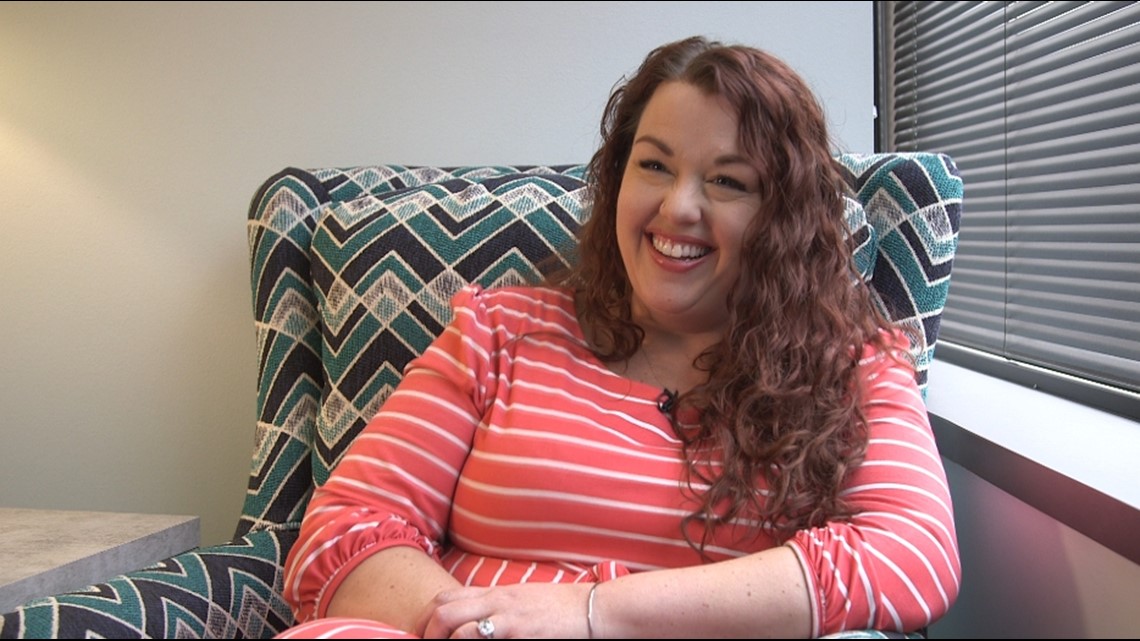EDINA, Minn. — The Friday school day came and went, and a viral threat of nationwide school violence on TikTok -- deemed by Homeland Security to be non-credible -- thankfully didn't play out. Both law enforcement agencies and schools responded nationwide. Friday, Lakeville and Farmington schools cancelled for the day.
However, it's certainly not the first--and likely won't be the last--potentially harmful social media trend that has circulated on the popular app.
In September, the so-called "devious licks" phenomenon promoted app users who defaced or damaged public property.
Talking to your children about what they're seeing, and maybe even participating in, can be tricky.
Meridee Rilen, founder of Affinity Psychological Services, says it's important for parents to understand that these behaviors are all part of the same, messy growing process that kids have gone through since the beginning of time.
"There’s always some version of this going on, whether it’s in-person, on the bus, on Instagram, on Snapchat, on TikTok now," said Rilen. "I think maybe the venue changes a little bit, but I think there’s something sort of consistent about that, because it’s developmentally-appropriate to be
She says kids have always wanted to "try on" new behaviors...the scary part is, now, it's often broadcast on the internet.
"The stupid stuff that I did when I was younger, wasn’t on social media. It wasn’t being video taped, it wasn’t public…that brings a whole other element to it," she said. "But that is also normal for kids now."
So how do you help your children navigate that new normal? Rilen says first, try not to overreact. That could backfire.
"Sometimes our response is part of what fuels the cycle of feeling like – it’s problematic, or we needed them to do it the right way, and that puts a certain pressure and spin on it for them that is partly driven by us and our own response and our own insecurities," she said.
Check in with your child's emotions and validate them. Remember that you might be more concerned than your kid is.
"Understand what it is that they’re feeling before you overlay your feelings onto them," she said. "Because maybe they’ve just got a different perspective on it than we do. So asking the questions first – what is this like for you? How are you feeling about this? How did you hear about it? What are other people saying about it?"


Know that each child may respond differently, so there's no "one-size-fits-all" approach.
"A kid who’s prone to anxiety might feel very nervous and overwhelmed and scared to go to school," Rilen said. "Your response to that kid is going to be very different than if you have a kid who is like 'It’s social media, whatever, it happens all the time, whatever.'"
She says, when it comes to talking about threats, it can also be helpful to talk about possibility versus probability.
"Anything is possible in this world. Is it probable? And helping kids to think about the difference."
If your child has actively participated in something harmful--don't start off by blaming them. Lead with curiosity.
"Because that will give you more info about what was going on for your kid. Were they responding because all of their friends were doing it and then they joined in and that felt kind of exciting and they didn’t want to feel left out? Were they feeling like they could be the first one to break the news?"
She says those types of conversation can promote development of critical thinking skills, instead of just shaming them, and can make the difference when it comes to your child clicking the "share" button.

